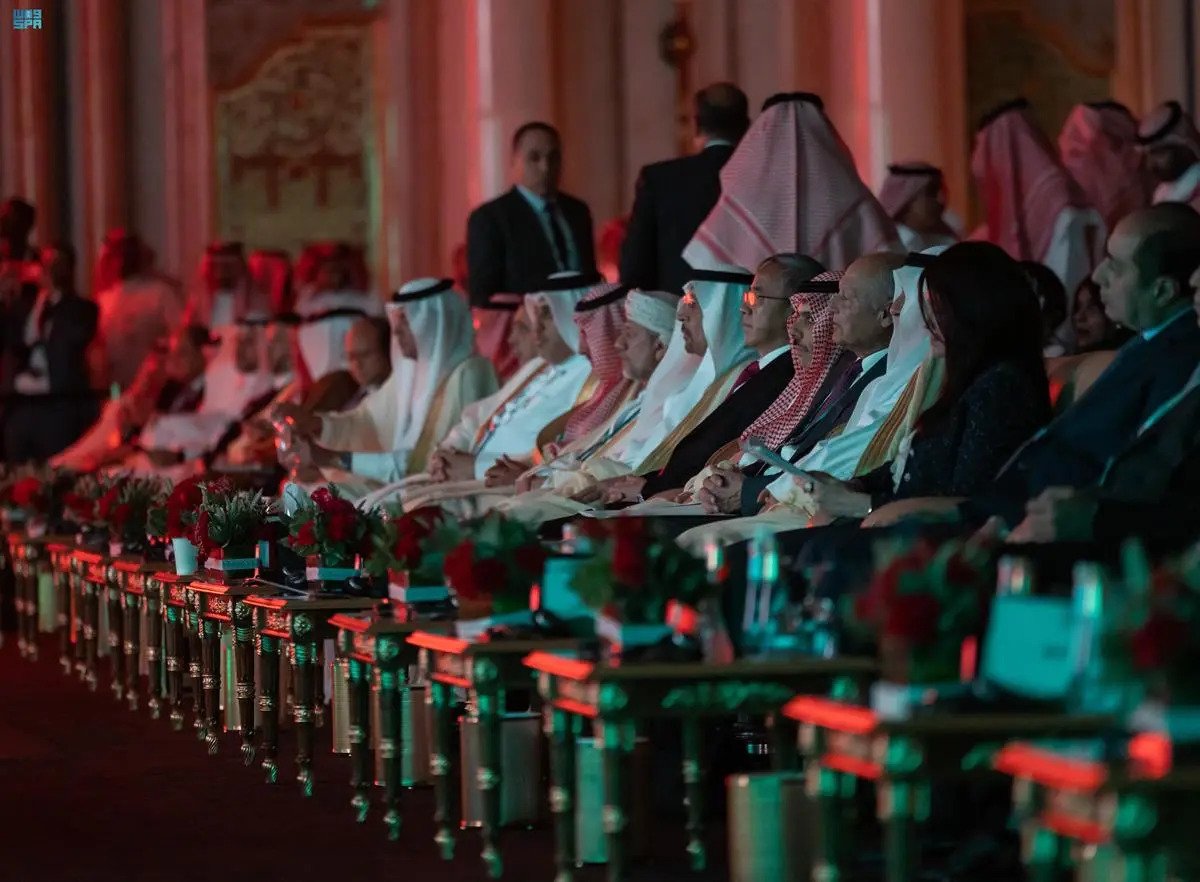Riyadh, Saudi Arabia — The 10th edition of the Arab-China Business Conference successfully concluded on Monday with the announcement of the Riyadh Declaration, a multimodal framework to strengthen economic and investment partnerships shared between the Arab world and China.
The announcement lays the foundation for continued collaboration with a focus on nine points, namely, strengthening economic partnerships, exploring new opportunities for cooperation, supporting entrepreneurship, exchanging research and scientific innovations, organizing training programs to enhance human capital, activating cooperation to achieve market stability, addressing socioeconomic challenges, strengthening economic integration and amplifying renewable energy sources.
The first day of the conference featured the signing of US$10 billion worth of investment agreements, spanning more than 30 deals across an array of sectors. Amongst the most notable agreements signed was a $5.6 billion agreement between the Kingdom’s Ministry of Investment and Human Horizons, a Chinese developer of autonomous driving technology and electric car manufacturer, under the brand HiPhi, to establish a joint venture for automotive research manufacturing and distribution.
Saudi Arabia’s Ministry of Industry, SABATCO and Hong Kong-based Android developer Hibobi Technology Ltd. were among the other organizations who signed agreements during the conference’s opening day.
The two-day conference featured keynote speeches, panel discussions and in-depth sector insights pinpointing means of cooperation in a range of sectors including technology, renewables, agriculture, real estate, minerals, logistics, tourism and healthcare.
The conference witnessed a number of key plenary sessions, workshops and special meetings discussing key subjects including environmental, social and governance, supply chain resilience and how collaboration is key to activating opportunities within the industry, mining and mineral industries. Panel discussions during the day also covered important topics such as renewable energy, megaprojects, tourism and investment along China’s Belt and Road Initiative, a global infrastructure development strategy of which more than 150 countries and 30 international organizations have signed cooperative agreements thus far.
The closing day’s agenda centered on ways to build more resilient supply chains connecting the two regions, the evolving digital economy and capital market financing to facilitate the growth of business within Arab countries and China. A presentation was also shared regarding the newly announced special economic zones within Saudi Arabia, regulated by Economic Cities and Special Zones Authority, which seeks to create pathways for inward strategic FDI.
The conference featured 9 panels, 18 workshops, and several private meetings and hosted 150 speakers to explore, discuss Arab-Chinese economic cooperation.
The Arab-China Business Conference comes at a time of growing trade between Arab countries and China, which reached US$430 billion in 2022. Trade between China and Saudi Arabia alone exceeded US$106 billion last year, representing a 30% growth rate during 2021.
The eleventh edition of the Arab-China Business Conference is scheduled to take place in China in 2025.








